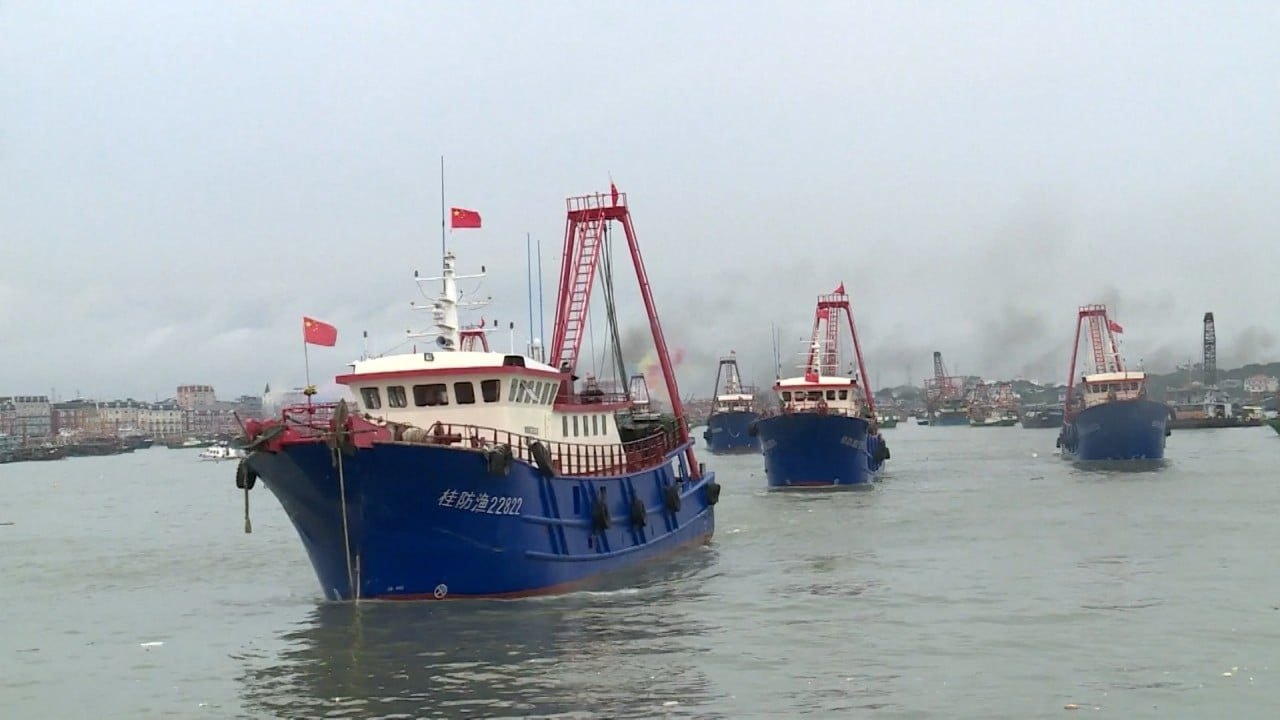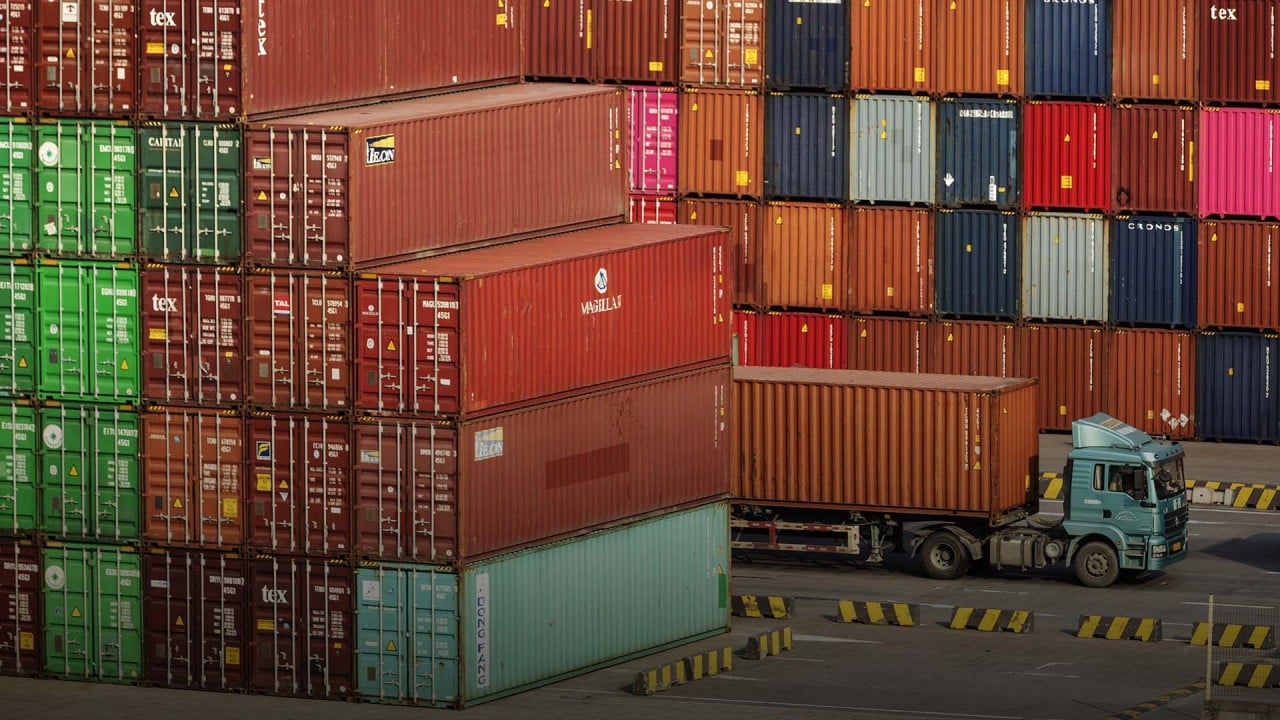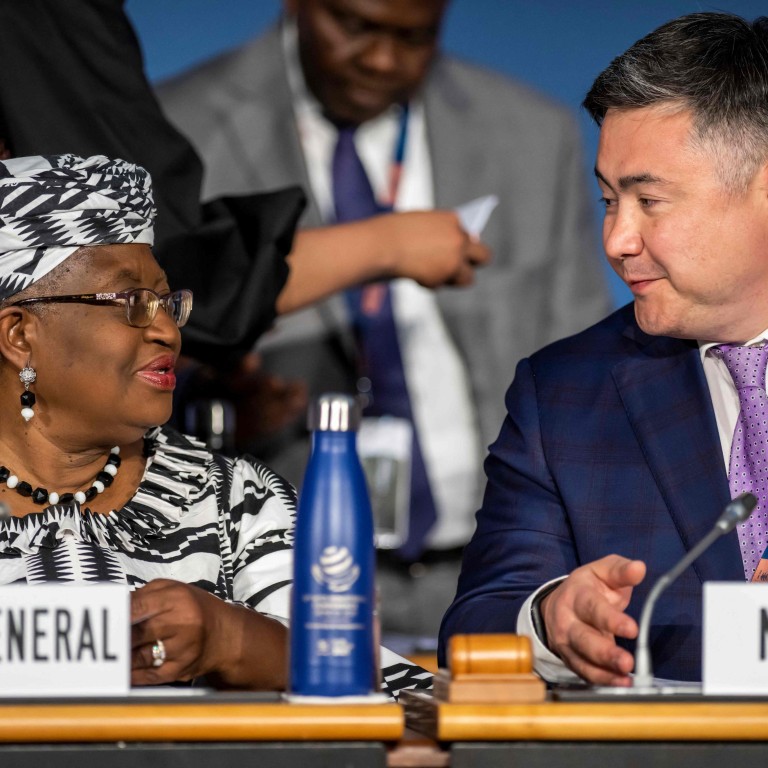
The WTO lives to fight another day, but is it ready to tackle the crises of our times?
- With breakthrough agreements including against fisheries subsidies, but watered-down deals such as the vaccine IP waiver, the world trade body at least avoided failure
- Now the WTO needs to steel itself for new and acute trade challenges, including ensuring health security in the face of pandemics and setting rules to slow global warming
Last Friday, almost unnoticed amid the clatter over Ukraine, inflation, recession, summer firestorms and floods, food shortages and starvation, and pandemic recovery, the World Trade Organization made history.
As Alan Beattie at the Financial Times grudgingly put it, the WTO’s biggest achievement was “keeping itself alive”.
Its Nigerian director general Ngozi Okonjo-Iweala, who must take much credit for the meeting’s success, celebrated by quoting Winston Churchill: “Success is not final, failure is not fatal: it is the courage to continue that counts.”
The meeting avoided failure: it secured no final success; but it reaffirmed the courage to continue.
Beattie sees it as “impressive and dispiriting” – impressive in breaking 25 years of dissonance and procrastination; dispiriting because, even after such a gigantic diplomatic effort, the agreements represent the most paperweight of progress.
Beattie complained that the agreement had been “watered down to almost homeopathic levels” – it “isn’t really a waiver at all: it’s a clarification of existing flexibilities”.
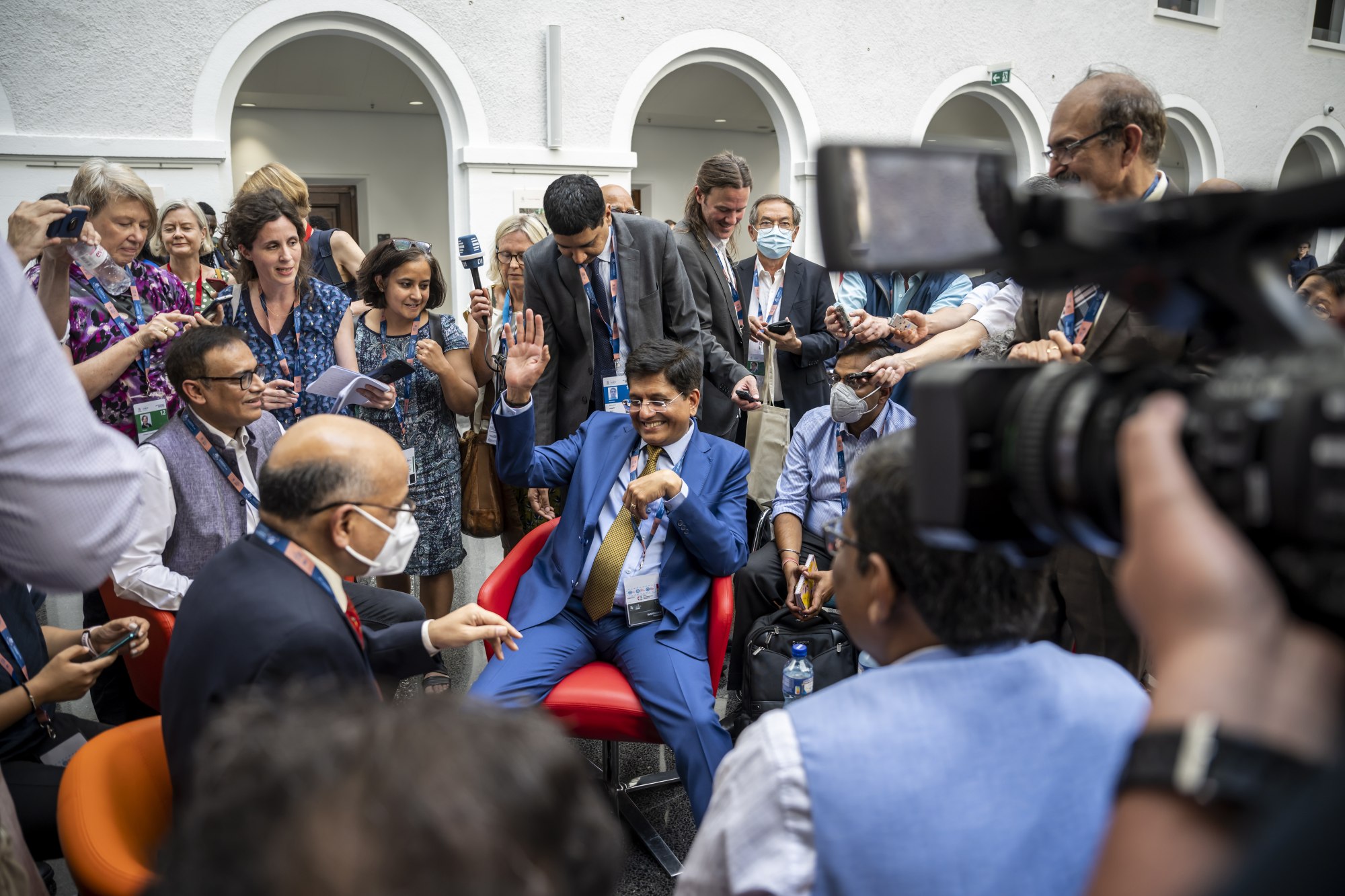
India’s price was a farm trade rule exemption that will let it stockpile grain to sell at subsidised rates to local farmers. Other members felt this was a small price to pay for India – along with Indonesia, Sri Lanka, Pakistan and South Africa – to drop threats to upend a moratorium waiving tariffs on e-commerce products and data that has been in place since 1998.
The subsidies amount to between US$14 billion and US$54 billion a year – small compared to farm subsidies but significant in enabling the overfishing that has jeopardised stocks in many parts of the world.
According to the UN’s Food and Agriculture Organisation, fish stocks in many parts of the world are at risk of collapse due to overexploitation, with an estimated 34 per cent of stocks overfished. Areas of state subsidies range from vessels and machinery to fuel, ice and bait, from income support for fisherfolk to price support for fish, and to cover operating losses.
With Okonjo-Iweala’s ringing reminder that “success is not final”, attention has at last turned to the next ministerial meeting, perhaps in the United Arab Emirates and perhaps at the end of next year – and the many unfinished items of business.
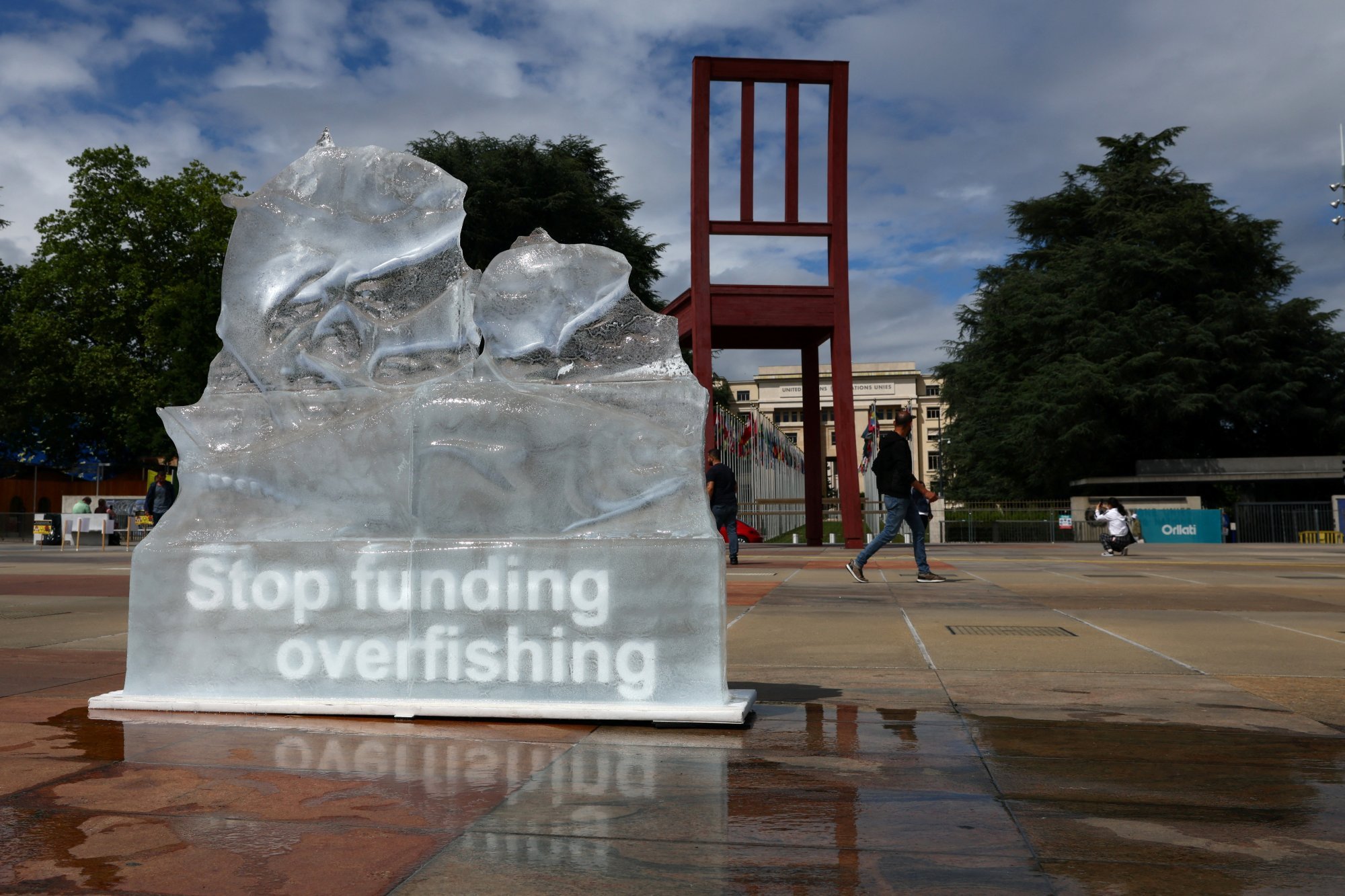
On all of these, a chronic and inbuilt weakness needs to be tackled – that the WTO’s decision-making power can never be strong unless there is strong commitment from its members, in particular the world’s leading trading powers.
Critical here will be whether the United States decides to return meaningfully to the table, in particular on rebuilding the dispute settlement process. As the FT’s Beattie noted, even after the meeting’s successes, the US “remains heavily under-engaged”.
Other key reforms need to be tackled: a need to modify the consensus rule, which allows just one dissenting country to block reform, by allowing – and recognising the fruits of – agreements among “coalitions of the willing”; the need to set clear rules on when and how a WTO member can be exempted from new rules – what is called “special and differential treatment”.
But they also include the new and acute challenges of the 21st century: ensuring health security in the face of pandemics; setting trade rules to slow global warming and mitigate harm from climate change.
In Okonjo-Iweala’s words, we need to ensure the WTO can provide solutions to the crises of our time. Last week, the world’s trade ministers reached agreements that broke a dispiriting 25-year era of procrastination. From here, it is their “courage to continue” that counts.
David Dodwell researches and writes about global, regional and Hong Kong challenges from a Hong Kong point of view


